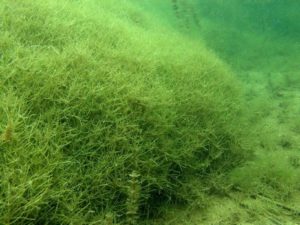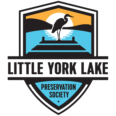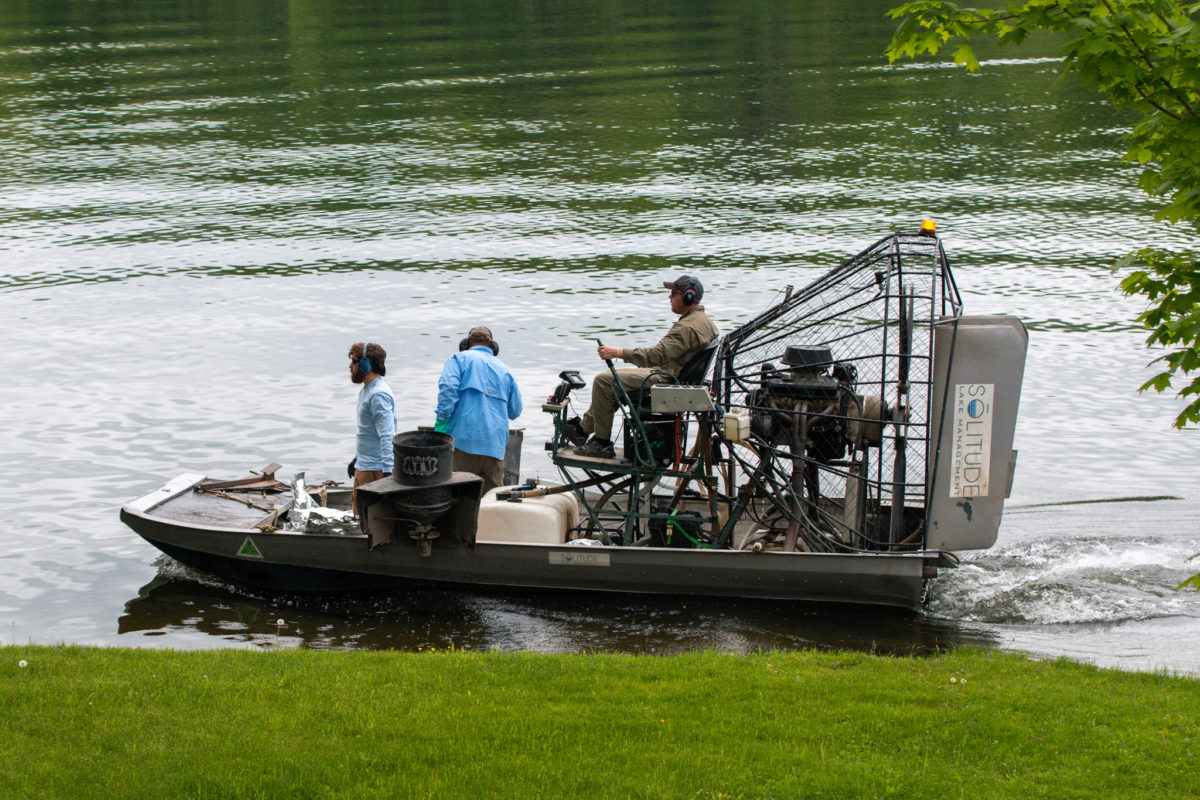The LYLPS board has had a busy fall reviewing last summer’s milfoil treatment as well as other efforts. We have developed and approved a work plan for 2020 and are in the process of briefing various public entities. This includes the County Ag & Planning and Highway Committees as well as the Soil and Water Conservation District.
Here is a short summary of the plan:
- Prevention
- Support the installation and roll-out of the boat decontamination station at Dwyer Park
- Continuing support, through C-OFOKLA, of the boat steward program, CCStoptheInvasion.org
- Monitoring
- Monitor the lake through CSLAP
- Conduct regional CSLAP training on May 8th
- Expand the monitoring by joining the Finger Lakes PRISM macrophyte program
- Treatments
- Treat variable leaf milfoil in previously untreated areas
- Test treating starry stonewort
- Management
- Support new drawdown permit process
- Establish shorescaping program in collaboration with SWCD
- Continue support of septic education program
- Organizational
- Continue to build community
- Maintain the lake management plan
As you can see, we have a lot on our plate, but all of it is important and part of our ongoing efforts to restore and maintain the lake.

Of course, one of the more visible components is conducting additional treatments for variable leaf milfoil as well as addressing another major invasive species, starry stonewort. Our treatment plan can be found here.
We issued an RFP in January and received two bids. We have decided to move forward with Solitude Lake Management, the same firm we used for our treatment last year.
We plan to treat milfoil beds in areas where we didn’t treat last year. We plan to conduct the treatment during the early growing season, in May. This year we intend to use a different herbicide, Procellacor. It has been in use for several years in other states and was registered for use in New York last year. This herbicide has been demonstrated to have even less impact on the environment than Navigate and we will use less of it.
Starry stonewort is an algae and requires an algaecide. We are working with the Starry Stonewort Collaborative of the Finger Lakes Institute, Solitude, and DEC to determine the best approach. Treatment will likely occur in July. More information will be provided shortly.
We will follow a process similar to last year:
- File for a permit in late February
- Notify all affected riparian owners of our intent to treat and approximate dates
- Conduct a public meeting to discuss any concerns
- Raise money to cover the treatements
- Complete the treatments
Of course there are many additional steps involved, but this presents the main points.
One of the key benefits of our treatment program last year was the reduced amount of milfoil floating on the lake. This benefited everyone. This year we are going to ask everyone to donate to support the cost of treatment. We are also going back to the county with a request that they pay for their share once budgets have been finalized.
If you have any questions, comments or suggestions please email us at contact@littleyorklake.com.


